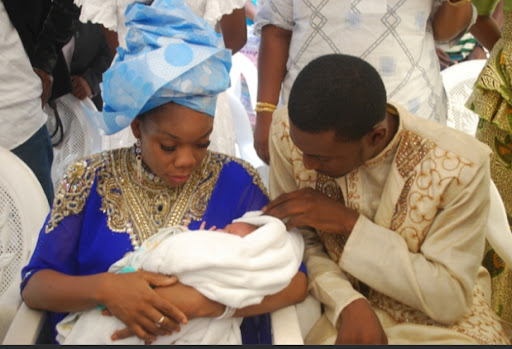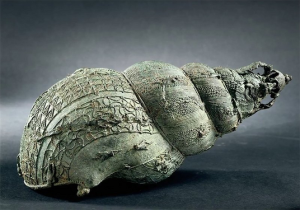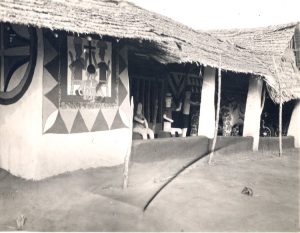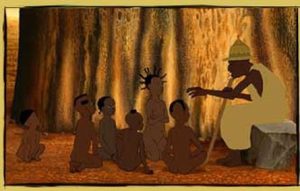Key Takeaway:
A major cultural and spiritual occasion, the naming ceremony in Igboland—known as Izu Ahịa Aha Nwa or Afa Nwa in the native tongue—marks the formal admission of a baby into the family and society. This ritual celebrates life, identity, and the passing on of lineage, not just about assigning a name.
In Igboland, Nigeria, a newborn’s naming ritual is among the most significant rites of passage, and the birth of a child is seen as a heavenly gift. Usually occurring on the eighth day after the child’s birth, the event consists of a sequence of rites, prayers, and festivities stressing the spiritual and cultural significance of naming. Examining how the Igboland naming ceremony reflects the Igbo people’s values, beliefs, and identity, this paper explores the numerous customs and activities linked with this occasion.
The Value of the Naming Ceremony
Beyond simple name-giving, the naming ceremony in Igboland is a rich cultural event honoring the child’s position in the family and the larger society. Given that a child’s name typically symbolizes their birth circumstances, family goals, or ancestor’s memories, it is seen to be rather important. In Igbo society, names are more than simply labels; they are very strong symbols that help to define each person’s fate and character.
Seeking blessings, protection, and direction for the kid’s destiny, the ritual also allows the family to officially present the child to society. This is a moment for the family to thank the gods and ancestors for the child’s safe delivery and to register their will to preserve the customs and values of their background.
Preparations for the Naming Ceremony
Well in advance of the naming ceremony, preparations start. To choose the most lucky day and time for the ceremony, the family speaks with spiritual leaders and elderly relatives. Sometimes the family could additionally consult diviners or oracles to make sure the selected name and ceremony timing fit the child’s fate.
Particularly the father, the parents are very involved in the preparations. Usually working with family members or seniors, they choose the name. The child’s gender, the family’s past, or important circumstances around the child’s birth might all influence the name selected.
The family gets food, beverages, and presents ready for visitors on the day of the wedding. The youngster is wearing fresh clothing, usually composed of traditional materials, and the house is tidy and ornamented. The family could also get ready symbolic objects for the event like palm wine, alligator pepper, and kola nuts as well as tools.
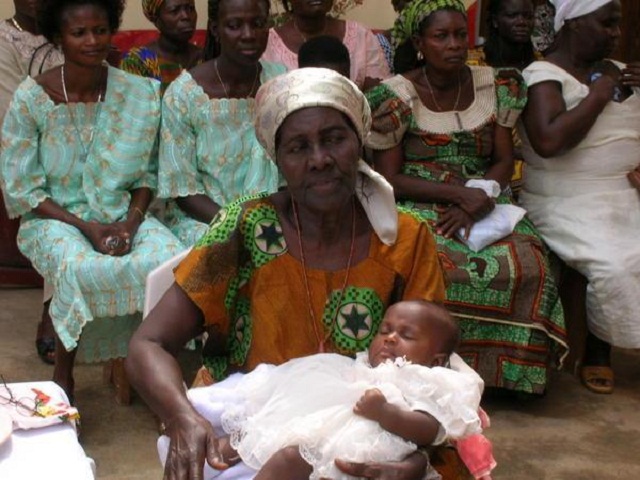
The Ceremony Itself
Usually starting with prayers and libations paid to the gods and ancestors, the naming ritual starts Usually leading these prayers asking for the child’s protection, health, and prosperity is the father or oldest male in the household. The cracking of kola nuts, a gesture that in Igbo tradition denotes welcome, peace, and respect, comes next.
Following the prayers, the father—or selected elder—tells the assembled relatives and neighbors the child’s name. Many times, the name is repeated to underline its importance; its meaning is communicated to all here present. The kid often gets many names, including an ancestral name, a traditional name, and a name that captures family aspirations for the child’s future.
After the name is announced, the kid is officially introduced to the community. To represent the community’s shared role in rearing the kid, this might include passing the youngster around to many family members and visitors. Usually accompanied by symbolic actions like blowing air over the infant’s head or sprinkling water on the child’s face, each individual who owns the child sends blessings and well wishes.
Cultural Practices and Symbolism
Igboland’s naming ceremony is rich in symbolism, with great cultural relevance in every element of the occasion. For instance, the ceremonial usage of kola nuts and palm wine is not just for hospitality; these objects are revered and used to call forth the presence of the ancestors and the divine.
The child’s name choice itself has great cultural meaning. Names in Igbo culture are often metaphorical and tell a tale or message. A child born amid trying circumstances, for example, may be named Chidiebere (“God is merciful”) or Ngozi (“Blessing”), which would symbolize the family’s hardships and hopes for brighter days ahead. Likewise, a child delivered over a protracted time of waiting can be called Chidimma (“God is good”), or Ifeanyi (“Nothing is impossible with God”).
Passing the kid around to many family members represents the community aspect of child-rearing in Igboland. It captures the conviction that the kid belongs to the whole society as well as the immediate family. This custom strengthens the core Igbo societal principles of solidarity, shared responsibility, and group support.
Celebrations and Festivities
The occasion moves from the official naming ceremony into a vibrant celebration with music, dancing, and eating. Often performing are traditional musicians like flutists and drummers; visitors are asked to dance and honor the new member to the community.
The visitors eat and drink traditional cuisine like jollof rice, pounded yam, ofe nsala (white soup), and abacha (African salad). A major component of the celebration, food sharing represents plenty, hospitality, and the shared link among people.
Usually involving money, clothing, and other goods that might benefit the kid’s upbringing, gifts are given to the parents and the child. These presents are a means of community support for the family and sharing in the delight of the new arrival.
Conclusion
An intense manifestation of the cultural and spiritual values of the Igbo people, the naming ceremony in Igboland It is a celebration of life, identity, and the continuance of ancestry as well as a restation of the ties holding the society together. The naming ceremony not only greets the newborn into the world but also guarantees that the infant is securely anchored in the rich legacy of the Igbo culture by means of the rituals, prayers, and celebrations. Considered as one of the most important milestones in an Igbo child’s life, the naming ceremony is a lovely and long-standing custom valued by families all over Igboland.
Also read:
Celebrating the New Yam Festival in Igboland: A Rich Cultural legacy
